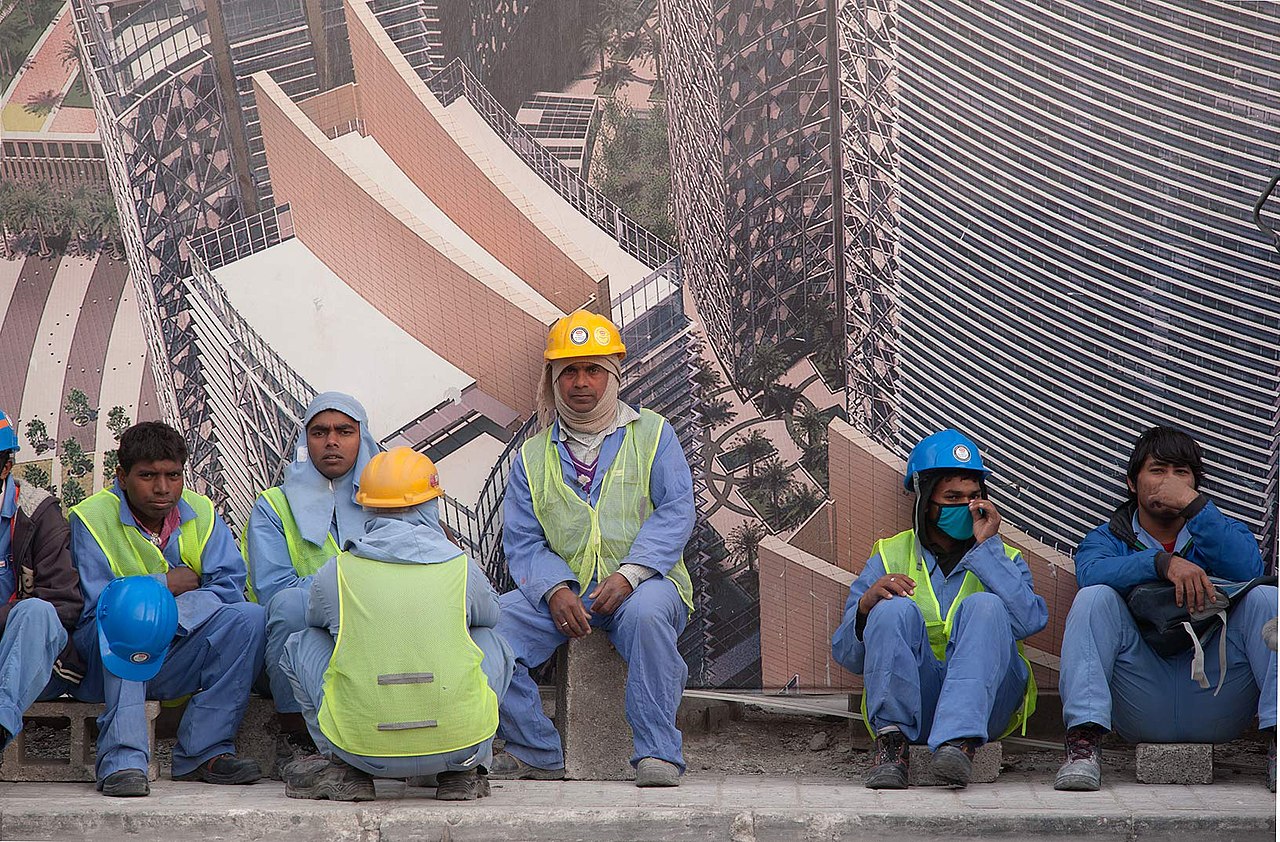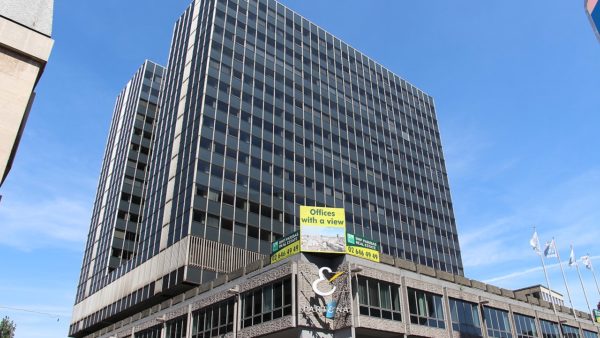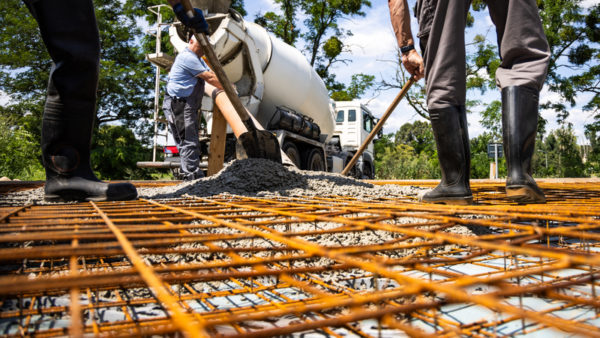
Qatar’s labour reforms have made conditions better for migrant workers but important issues still need improving, says a new report by the UN’s International Labour Organisation (ILO).
While the hated kafala system of sponsored labour that kept workers in conditions of modern slavery has largely been dismantled, the ILO pointed to gaps in implementation.
For instance, some unscrupulous employers still retaliate against workers who want to change jobs with the end of kafala, the ILO said.
Workers also still complain about non-payment of wages and benefits, and new dispute resolution systems can be “time-consuming and unpredictable”, the ILO said.
Global crises fuel slavery
The ILO’s comments on Qatar were published in a 12 September report on modern slavery around the world, including forced labour and forced marriage.
The ILO found the number of people forced to work or marry against their will has gone up to 50 million on any given day, a rise of 9.3 million over the past five years.
It blamed the rise on the Covid-19 pandemic, armed conflicts and climate change, which have intensified poverty and forced migration.
Figures show forced labour accounted for 27.6 million of those in modern slavery in 2021, more than 3.3 million of whom are children, and forced marriage for 22 million.
Redressing the power imbalance
Since 2010, Qatar has faced criticism for its treatment of migrant workers after it won the right to host the FIFA World Cup, which kicks off in little over two months’ time.
However, since the ILO opened an office in Doha in 2018, there had been “significant progress” in the living and working conditions for hundreds of thousands of migrant workers in the country, said the report.
“Workers can now leave the country and change jobs without their employer’s consent,” it said. “This has helped redress the power imbalance between workers and employers.
“In addition there have been significant legislative and policy developments in areas of minimum wage, occupational safety and health and social dialogue at the enterprise level”.
Deaths disputed
More than a million fans are expected to attend the World Cup, which starts on 20 November. Preparations have included the construction of seven new stadiums, a metro system and new airport.
Human rights campaigners have claimed 6,500 migrant workers have died in Qatar since the World Cup was awarded.
But the figure is disputed by the Qatari authorities who say 37 people linked directly to World Cup construction have died, 34 of them due to natural causes.
Last week the Qatar 2022 Chief Executive Nasser Al Khater said of the negative publicity: “We think that a lot of criticism has been unfair, not based on factual reality. Whatever we felt was fair criticism we have taken on board.”
With the World Cup now so close, the ILO said its work with Qatar would need to continue after the final whistle had been blown if the reforms are to be fully implemented.
“There is a universal recognition that the work is not complete, and a commitment to continue the co-operation beyond the World Cup,” said the report.
- Anthony Harwood is a former foreign editor of the Daily Mail
Further reading:






